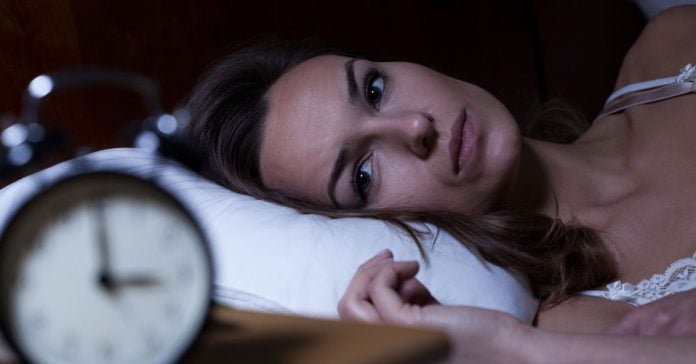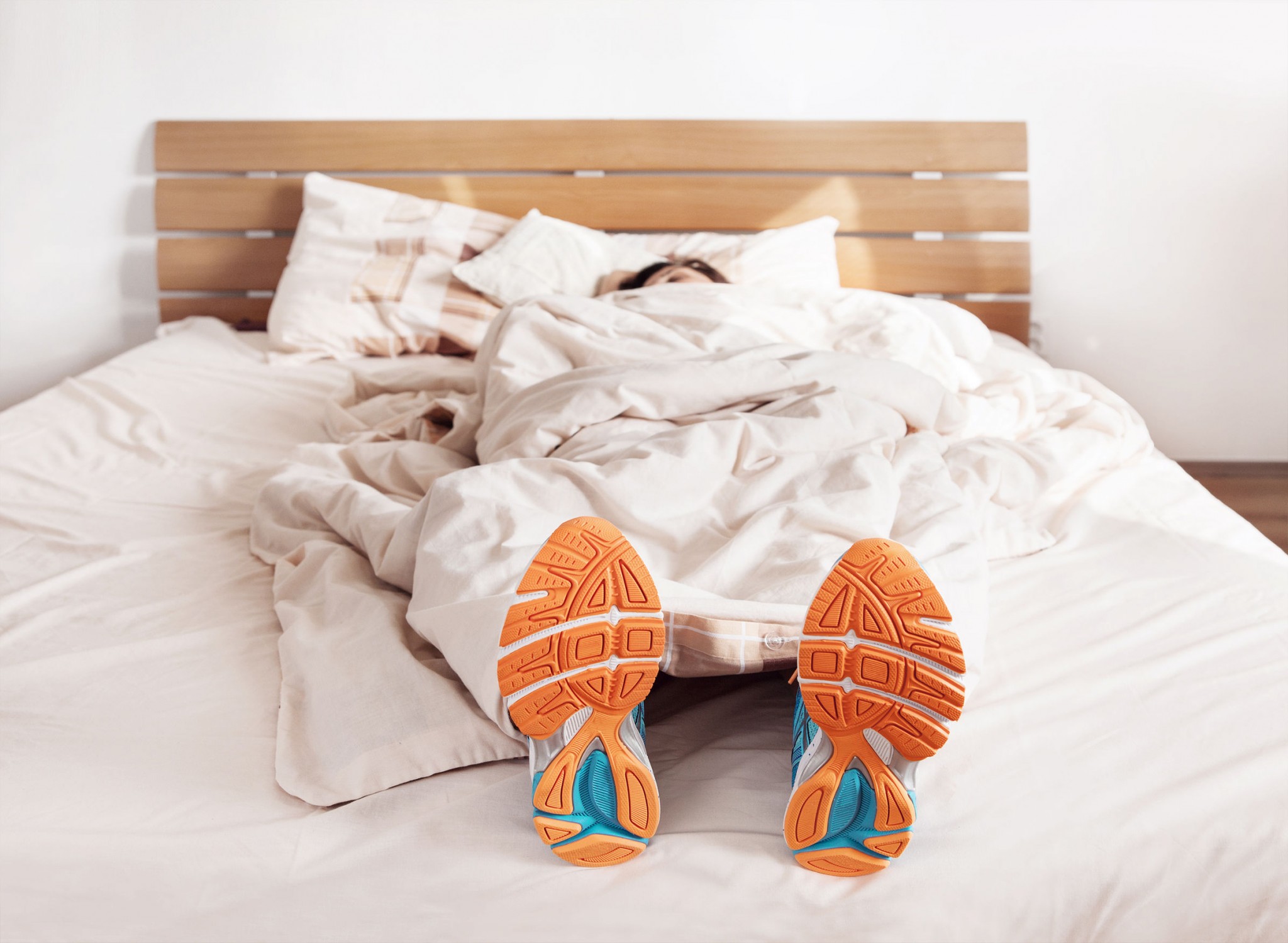Many athletes complain about not being able to sleep after a really hard session. You are exhausted, but yet you keep tossing and turning. You want to fall asleep so badly, but you are left staring at the ceiling. Sleep is critical after a hard workout for recovery purposes, so, not being able to fall asleep does seem worrying.
Cortisol
Cortisol is a hormone that is released into our body when it is placed under stress. When we exercise, we are putting our body under stress, and hence Cortisol is released into our body. Elevated Cortisol levels in our body can cause sleeplessness.

What you can do is to ensure Cortisol levels drop back to normal by your bedtime. This means planning your hard workouts accordingly. If you intend to do a long strenuous workout, it is best to do them in the mornings. Whereas in the evening, it is better suited for shorter less strenuous workouts. This will help ensure by bedtime, your cortisol levels are no longer elevated and you won’t get post-workout insomnia.
Adrenaline
If you only get sleepless nights after a competition and you are okay after hard workouts, adrenaline is probably the reason behind it. Adrenaline is the hormone that gets released when you are excited. Your body gets excited during a race or competition, and as a result, adrenaline is released into your body. Adrenaline levels can remain elevated up to 48 hours after exercise.
If you’re looking to avoid this, try and avoid doing night competitions. Plan for racing or competing only in the morning session so adrenaline levels can drop back to normal.
Body Temperature Rises
Have you ever felt like you are radiating heat after exercise? Our core body temperature rises during exercise and this is the feeling that you get. Our body also experienced dehydration and this causes our body temperatures to remain high. These both factors cause our body temperature to remain elevated, and hence post-workout insomnia.
To avoid this, remember to cool down after every workout. This will help bring down your core body temperature. Do some light jogging and stretching! Also, hydrate yourself well after a workout. During long endurance workouts, we can potentially lose 1-3 kg of water. Always have water an isotonic drinks ready to consume post-workout. It also helps to sleep in cooler conditions to help bring your body temperature down – ramp up your air conditioning!
Read More: The Science Of Sports Drinks – Which Sports Drink Should You Buy?
Photo Credits: Caregiver



